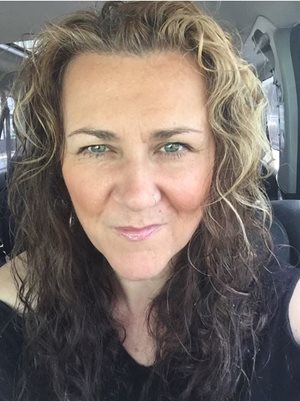Positive Touch Access for Learners who are Deaf-Blind
Presentation Slides
Susie Morrow, MA, CI, CT
This session is aimed at informing participants about the various approaches to positive touch and its impact on self-actualization for students who are deaf-blind. During the session, participants will analyze the concepts of touch cognition and its application. In addition various positive touch strategies, including haptics and Pro-Tactile, will be explored and evaluated for their application to the daily classroom practice for students who are deaf-blind and address the need for parent education.
Credits: Act 48, ACVREP, ASHA, Psych
Audience: Special Education Teachers; Teachers who work with students who are blind or visually impaired; Teachers who work with students with hearing loss; Teachers who work with students who are Deaf-Blind; Teachers/other professionals who work with students who have sustained a traumatic brain injury; Speech Therapists; General Education Teachers; Supervisors/ Administrators; Assistive Technology Specialists; Occupational Therapists; Physical Therapists; Orientation and Mobility Specialists; School Counselors; School Psychologists; Parents, Guardians, Family Members; Paraprofessionals
Speaker Bio: Susanne Morgan Morrow, MA, CI, CT. Susie is a nationally certified interpreter and is the Project Director for the New York Deaf-Blind Collaborative, a federally funded grant for children who are deaf-blind. She began her learning at Gallaudet University in the Rehabilitation Counseling department and started her career at Helen Keller National Center. In her almost 25 years of service in the field she has learned very intimately, the needs of children and adults who are DeafBlind. Susie's passion is seeking ways in which successful strategies within the adult DeafBlind community can be applied to young learners who are deafblind to increase access and a sense of self-actualization.
